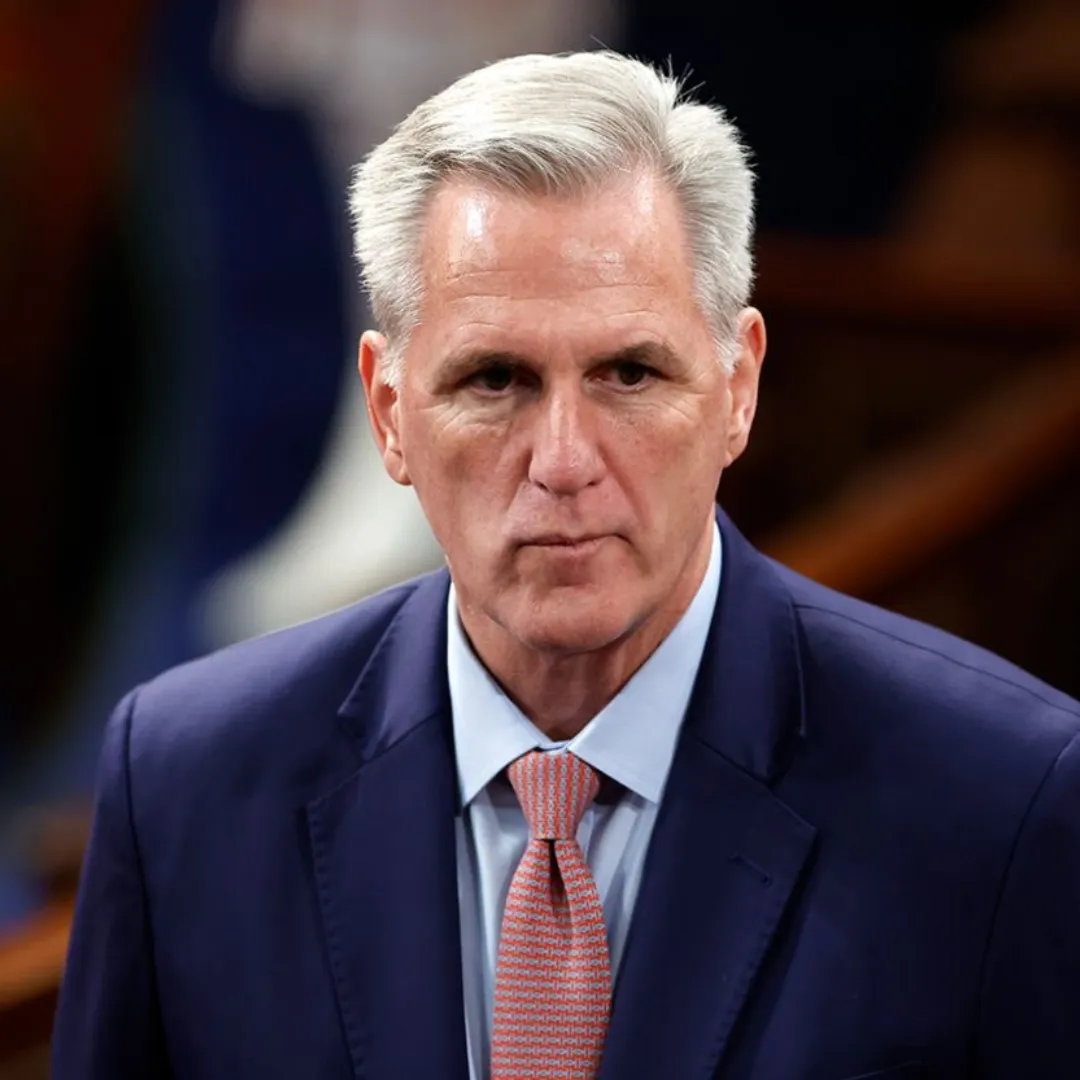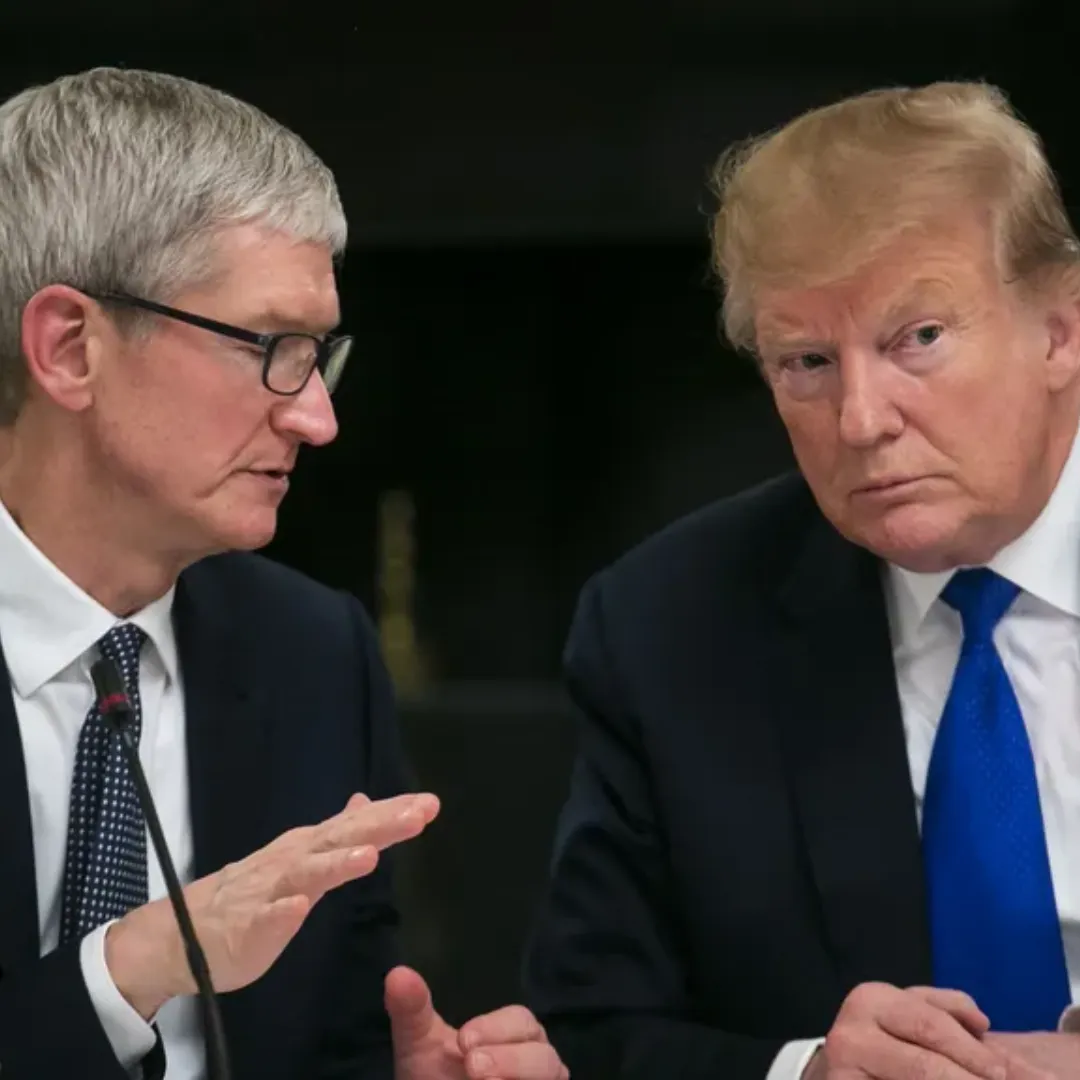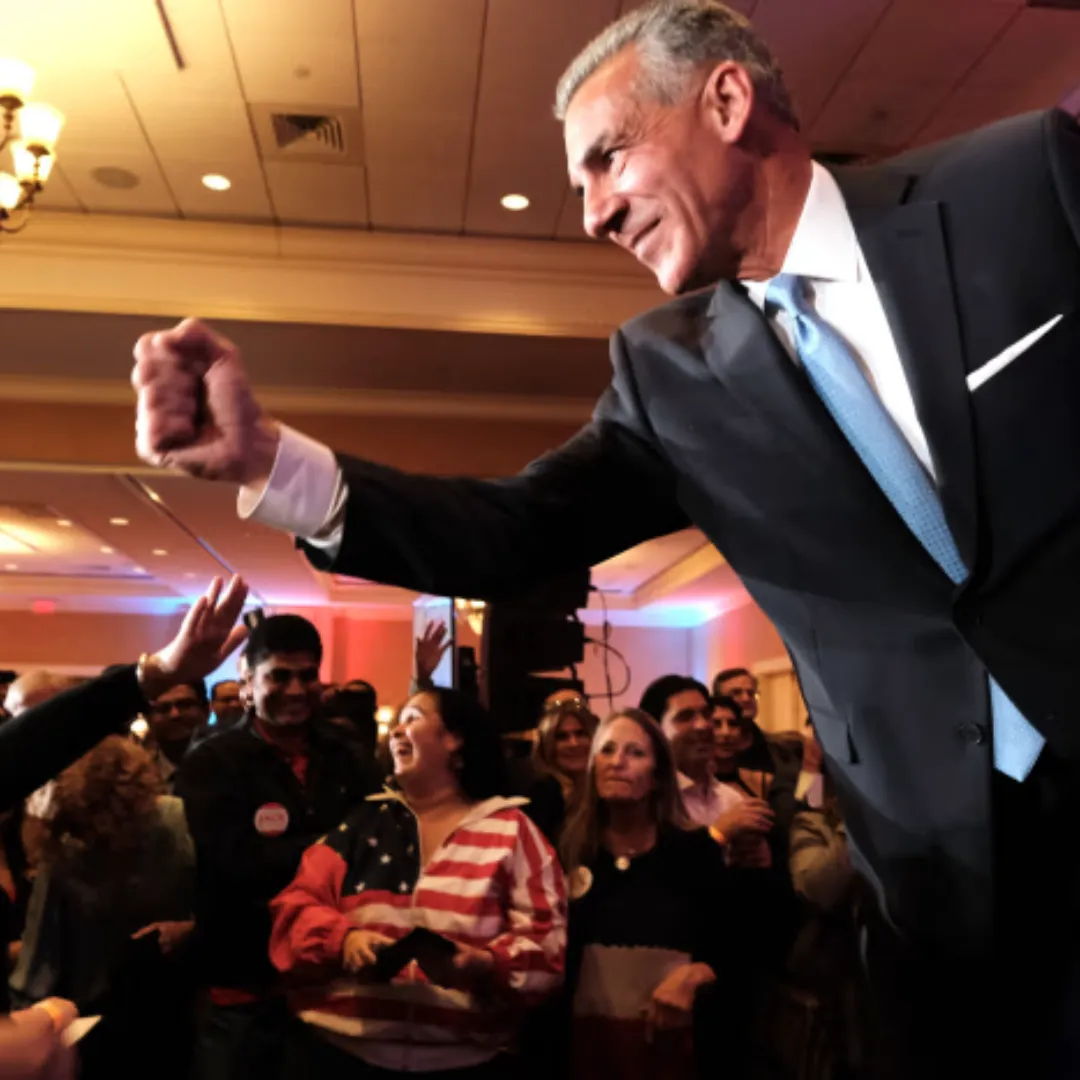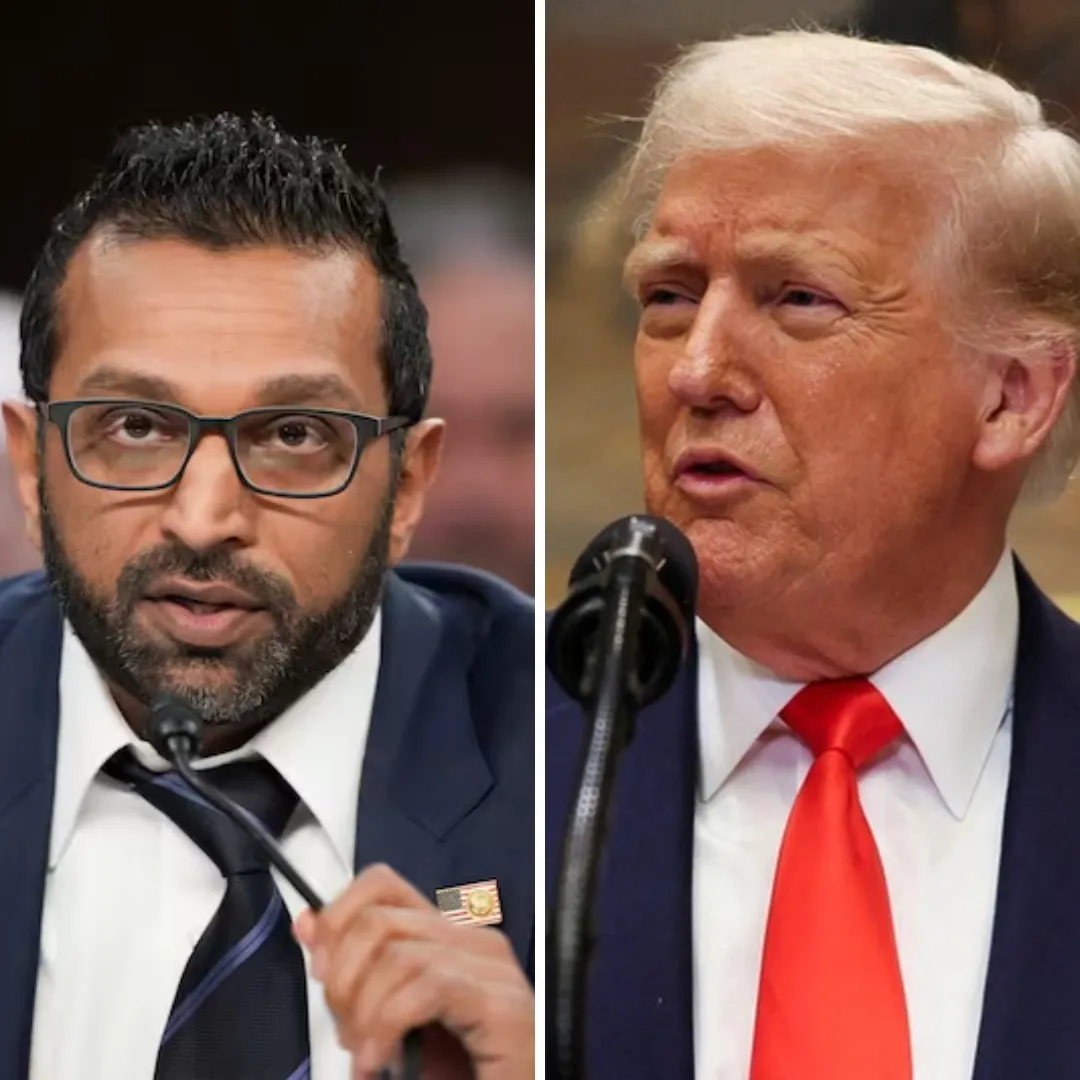President Donald Trump has long positioned himself as an outsider in Washington, using populist rhetoric to criticize the establishment while promising to drain the swamp.
Since his first presidential campaign, Trump has eagerly relied on the politician's classic mantra of rooting out "waste, fraud, and abuse" to deflect tough questions about his administration's policies, especially when it comes to controversial budget proposals.
However, as the President attempts to push through his most important bill of his second term—one that would extend the 2017 tax cuts and partially offset the lost revenue with at least $1.5 trillion in spending reductions—he has found himself struggling with an issue that seems to be harder to spin: Medicaid cuts.
The proposed bill, often referred to by Trump as the “big, beautiful bill,” faces multiple hurdles, with disagreements among House Republicans over critical elements such as the cap on state and local taxes, food stamp reductions, and more.
But the largest obstacle to the bill’s success has proven to be the amount of money that would need to be cut from Medicaid, the federal healthcare program that provides services for 72 million people in the U.S.
The House GOP’s budget blueprint tasked the Energy and Commerce Committee, which oversees both Medicare and Medicaid, with finding at least $880 billion in savings over a 10-year period.
But as the Congressional Budget Office concluded in March, the committee would struggle to achieve those savings without making significant cuts to entitlement programs. Since Medicare enjoys broad public support, Medicaid becomes the default target for cuts.
In the face of mounting pressure and opposition to the cuts, the committee has already delayed its timeline to finalize the numbers, further complicating the GOP’s push for the bill.

However, there is another major problem for Trump: his inability to figure out how to spin the cuts to Medicaid in a way that makes them palatable to the American public.
This difficulty was highlighted earlier this year when Trump first claimed that Medicaid "isn't going to be touched," only to later endorse a House bill that clearly proposed substantial cuts to the program.
Since then, Trump has tried to downplay the issue by sticking to the familiar refrain of “waste, fraud, and abuse,” but this messaging has proven ineffective, especially as public scrutiny around the cuts continues to grow.
During an event in Michigan last week, Trump attempted to reassure the public, saying, "We want to preserve Medicaid for the most vulnerable, for our kids, our pregnant women, the poor, and disabled."This language—centered on protecting the "most vulnerable"—seems oddly out of place coming from Trump, whose administration has been consistently associated with cutting social safety nets.
In fact, this phraseology is far more reflective of congressional Republicans than Trump himself, who has typically embraced a more market-driven approach to healthcare reform.
When asked by NBC News’ Kristen Welker on “Meet the Press” whether he would veto a bill with Medicaid cuts, Trump once again attempted to downplay the potential impact, stating, “I would if they were cutting it, but they’re not cutting it. They’re looking at fraud, waste, and abuse.”
Yet, as the details of the proposed budget cuts become clearer, it has become increasingly difficult for Trump to maintain this narrative. The reality is that the House GOP’s proposals are, in fact, targeting Medicaid in a significant way, and the President’s reluctance to confront this head-on has become a major political liability.
Trump’s challenges in presenting this budget proposal are further complicated by polling data that shows Americans, including Republicans, overwhelmingly oppose Medicaid cuts in favor of funding tax cuts.

A recent survey of 10 battleground districts conducted by the GOP polling firm Meeting Street Insights on behalf of a mental health advocacy group found that 68% of voters consider cutting Medicaid benefits to pay for tax cuts to be a bad idea.
Just 22% of voters, including 44% of Republicans, supported the proposal. This growing public opposition has put Republicans in a difficult position, as they attempt to balance their commitment to tax cuts with the need to make politically difficult cuts to entitlements.
The backlash to Trump’s proposed Medicaid cuts has also come from within his own party. Several moderate Republicans from battleground districts have expressed concern about the impact of cutting Medicaid, particularly on vulnerable populations.
A dozen GOP representatives have warned party leadership against reducing Medicaid coverage, and some have even called for limiting the cuts to a more modest amount, such as $500 billion.
Rep. Don Bacon of Nebraska, for example, has urged that Medicaid cuts be limited to $500 billion over a 10-year period, describing it as a more “moderate” approach.
However, as Bobby Kogan, senior director of federal budget policy at the Center for American Progress, points out, even $500 billion in cuts would still represent the largest Medicaid cuts in U.S. history.
"Even if they pare the Medicaid cuts back to ‘only’ $500 billion,” Kogan says, “it would still be the largest Medicaid cuts ever. No matter which way you slice it, it’s millions of people kicked off their health insurance in the largest Medicaid cuts in U.S. history.”
This stark reality makes it all the more difficult for Trump and his allies to spin the proposal as anything other than an attack on vulnerable Americans.
The difficulty Trump faces in framing these Medicaid cuts as part of a broader effort to tackle "waste, fraud, and abuse" highlights the political challenge of attempting to cut a popular program like Medicaid while pursuing tax cuts for the wealthy.
Historically, Medicaid has enjoyed bipartisan support, particularly because it serves low-income children, the elderly, and people with disabilities. Any efforts to reduce the program’s funding face strong opposition from both Democrats and Republicans who represent districts with high Medicaid enrollment.
As the debate around the proposed Medicaid cuts continues to unfold, Trump’s administration is increasingly finding itself at odds with public opinion. The President’s failure to settle on a coherent message about the cuts to Medicaid reveals the difficulty of making such cuts politically viable.
The public’s overwhelming opposition to reducing Medicaid benefits, coupled with the internal divisions within the Republican Party, underscores the challenges Trump faces as he attempts to push forward with his legislative agenda.
In the midst of this political turmoil, Trump’s critics have seized on the apparent hypocrisy of his stance. “The President is openly inviting investors to have a bidding war over who can buy the most access to him while he laughs all the way to the bank,” said Tony Carrk, executive director of the nonpartisan advocacy group Accountable.US. “There has never been a clearer case of a President using their office to put money in their pocket, or greater potential for special interests to buy an administration’s favor that could threaten the public interest.”
The battle over Medicaid cuts is a microcosm of the larger ideological divide in American politics over healthcare and economic policy. While Trump’s administration has positioned itself as the champion of tax cuts and deregulation, the proposed cuts to Medicaid represent a significant shift away from the social safety net that has long been a cornerstone of American social policy.
For many Americans, especially those who rely on Medicaid for essential healthcare services, the threat of losing access to coverage is a deeply personal issue, one that raises questions about the priorities of the Trump administration.
As Trump and House Republicans continue to push for Medicaid cuts to fund their tax agenda, they will face mounting pressure from voters, advocacy groups, and even members of their own party to reconsider their approach.
The stakes are high, as the fate of millions of Americans’ healthcare hangs in the balance. Whether Trump can overcome the political and public opposition to his proposed budget cuts remains to be seen. But what is clear is that the fight over Medicaid will be a defining issue in the 2024 election and in the ongoing debate over the future of America’s healthcare system.






